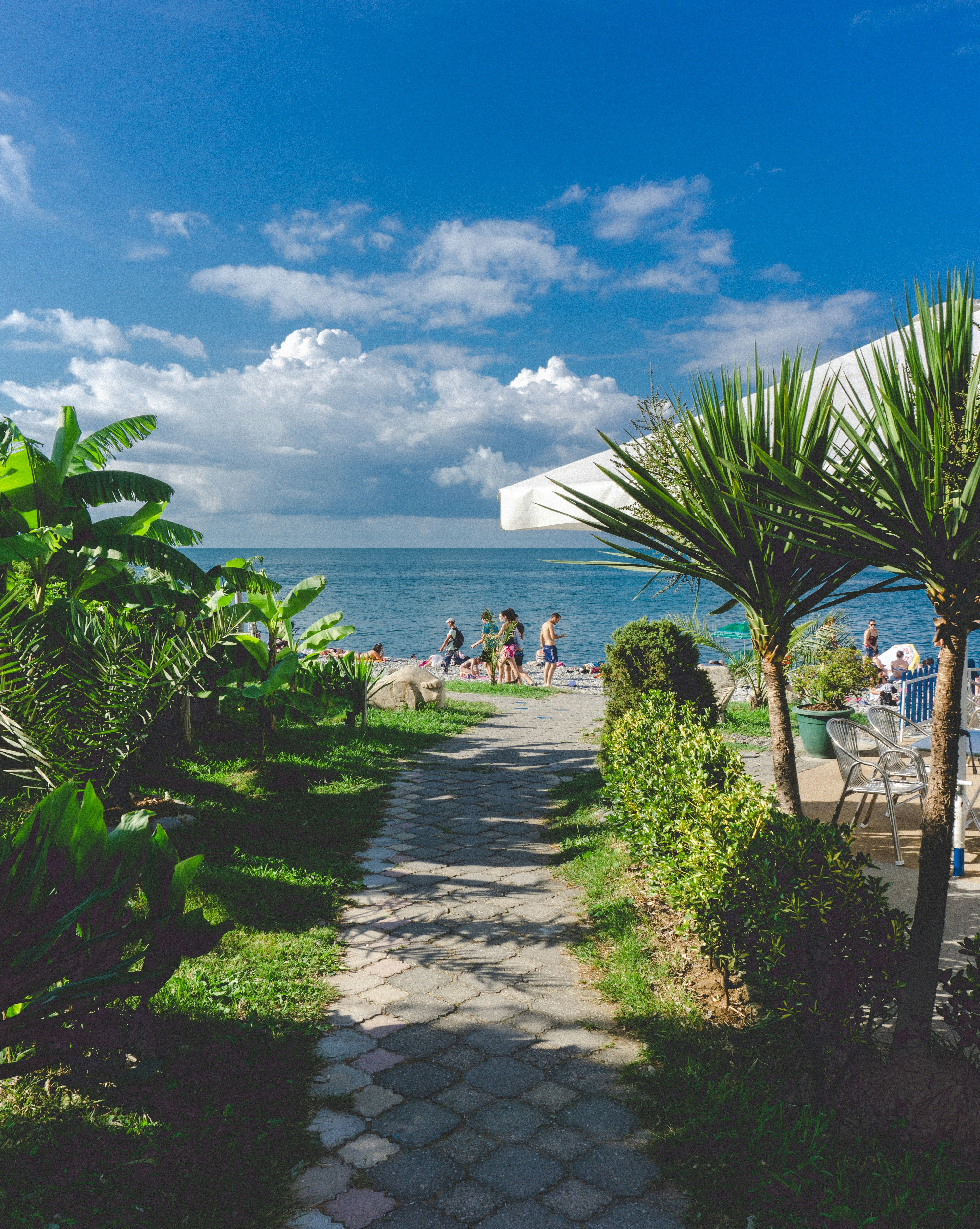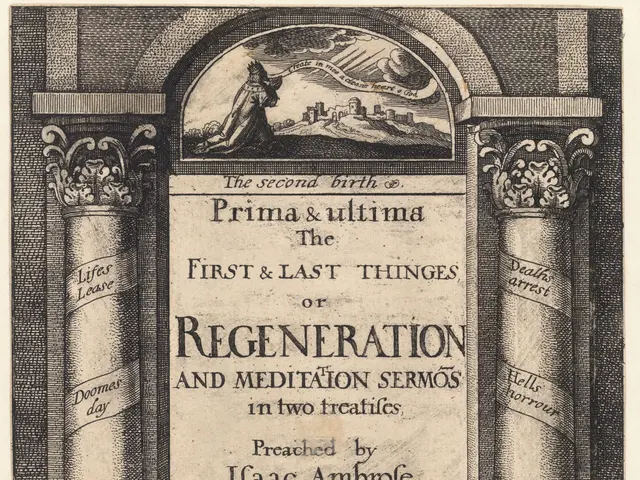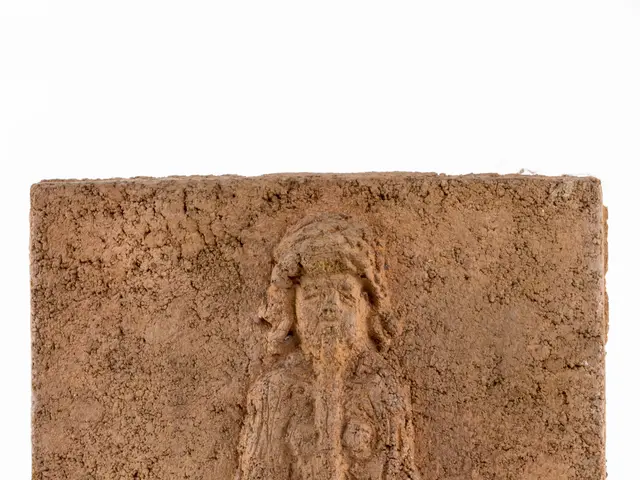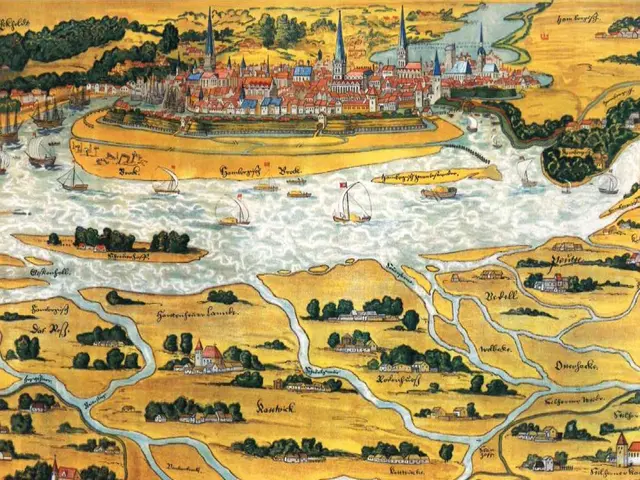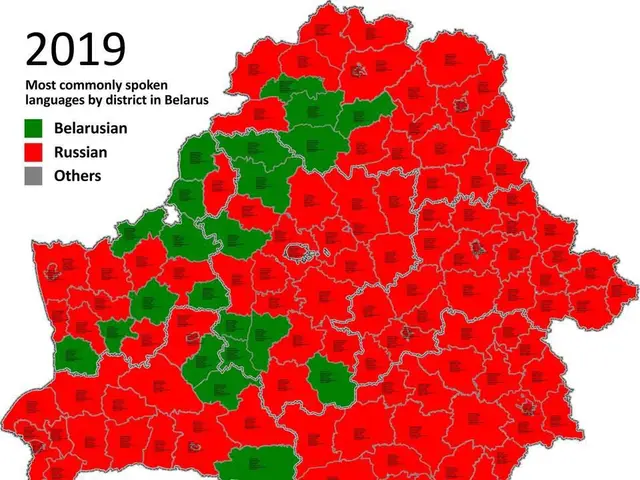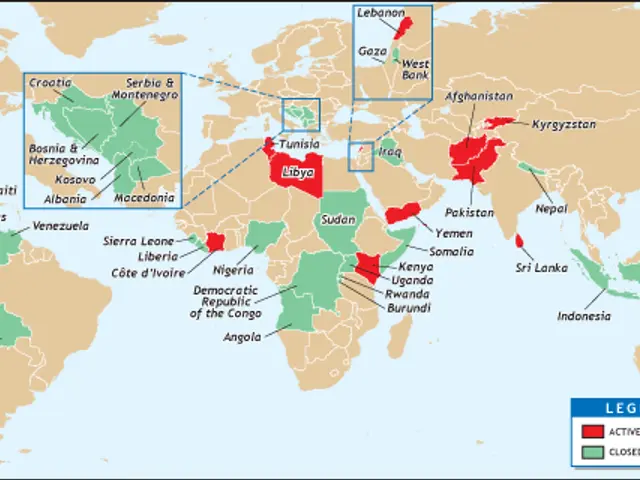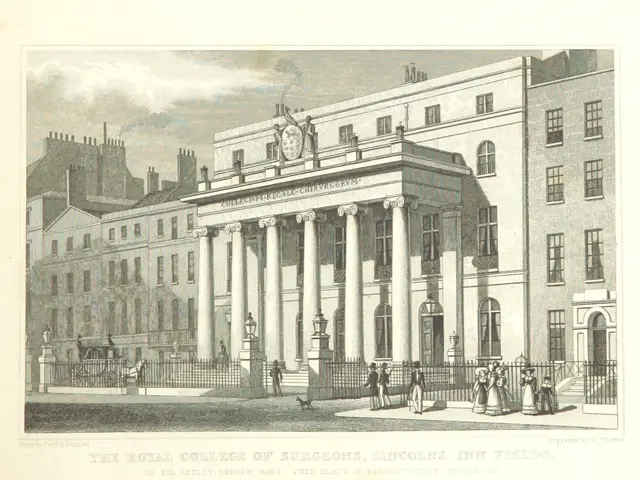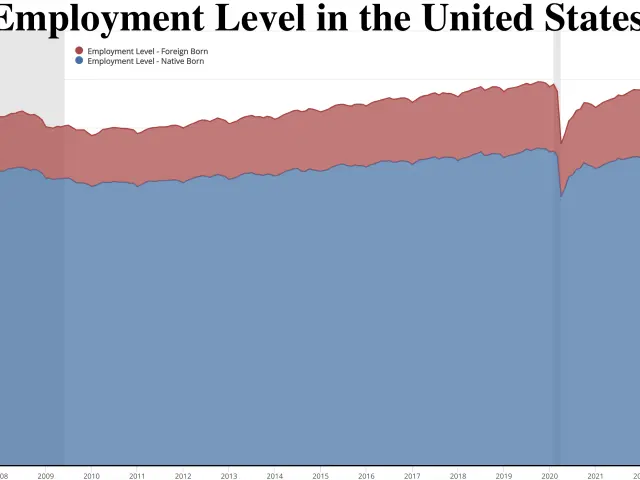Century-long voyage of our revolutionary newspaper, press, standing side-by-side with the nation throughout its transformative century
HANOI — A national scientific seminar was held in Hanoi on the 30th of May to examine the 100-year evolution of the Vietnamese revolutionary press alongside the Party and the nation's progress (since June 21, 1925).
The event, chaired by the Party Central Committee's Commission for Information, Education, and Mass Mobilisation, was jointly organized by the Ministry of Culture, Sports, and Tourism, the Viet Nam News Agency, the Ho Chi Minh National Academy of Politics, and other leading media organizations.
The seminar addressed the press's historic mission, pivotal achievements, and future challenges in the context of the nation's development, touching on topics such as the opportunities and requirements facing the Vietnamese revolutionary press during this new chapter of growth. Proposed solutions were discussed at length.
Politburo member Tran Cam Tu appealed to the press to adhere closely to the Party's viewpoints, guidelines, and policies, emphasizing the significance of prompt reporting on crucial issues, particularly in the lead-up to upcoming Party congresses, as well as reflecting the thoughts and aspirations of Party members and the public with accuracy and sincerity.
Nguyen Xuan Thang, President of the Ho Chi Minh National Academy of Politics, affirmed the Party's leadership and the State's management over journalism, advocating for the completion of a media legal framework designed to tackle digitalization challenges and boost journalists' political acumen, professional ethics, and capabilities. Implementation of the Press Law and professional conduct codes was highlighted, along with the encouragement to learn and follow Ho Chi Minh's ideology, morality, and style.
Thang emphasized the need for digital technologies, such as AI, big data, and cloud computing, to be embraced in journalism operations, promising to improve management efficiency, speed up information processing, and facilitate personalized content delivery to targeted audience segments.
Press agencies were urged to streamline their operations, adapting to modern communication management models following recent mergers, while maintaining professional quality standards and stabilizing organizational structures and human resources.
The importance of international cooperation for Vietnamese journalism was underscored, with emphasis placed on content production, technology transfer, journalist training, and media management collaborations.
Finally, Politburo member Nguyen Troong Nghia affirmed that the press, as the Party's sharp ideological-cultural tool, must remain steadfast under the Party's leadership to preserve the revolutionary, ideological, and humanitarian essence of Vietnamese journalism. This commitment ensures political stability, national unity, and public trust in the nation's renewal process.
our website News Agency General-Director Vũ Việt Trang (first right) and other experts chair the seminar. - VNA/VNS Photo Phương Hoa
Taking inspiration from the past century, Nghia called for the nurturing of a new generation of dedicated journalists and supported the completion of legal frameworks for media operations, particularly revisions to the 2016 Press Law and guiding documents. Emphasis was also placed on the integration of science-technology advancements, including AI and IT, into the media sector to strengthen the presence of Vietnamese journalism on social media platforms and meet global media standards.
Media economic efficiency, research into new business models, and State support for pilot projects were highlighted, as well as the continued funding and policy backing for political content, foreign affairs coverage, and ethnic minority programming to serve the media's social responsibilities. The attendees earlier visited a photo exhibition showcasing the growth and role of the Vietnamese revolutionary press during the struggles for national independence, reunification, and current reform efforts, as chronicled by the Viet Nam News Agency.
- The seminar, held in Hanoi, discussed the evolution of the Vietnamese revolutionary press and its progress since 1925, touching upon the press's historic mission, achievements, and future challenges.
- Politburo member Tran Cam Tu emphasized the importance of adhering to the Party's viewpoints, guidelines, and policies, particularly in the lead-up to upcoming Party congresses.
- Nguyen Xuan Thang, President of the Ho Chi Minh National Academy of Politics, advocated for the completion of a media legal framework to tackle digitalization challenges and improve journalists' political acumen and ethics.
- Digital technologies, such as AI, big data, and cloud computing, were urged to be embraced in journalism operations to improve efficiency and facilitate personalized content delivery.
- Press agencies were advised to streamline operations, adapt to modern communication management models, and maintain professional quality standards.
- The importance of international cooperation was underscored, with emphasis on content production, technology transfer, journalist training, and media management collaborations.
- Politburo member Nguyen Troong Nghia affirmed the press's role as the Party's sharp ideological-cultural tool and called for the nurturing of a new generation of dedicated journalists.
- Media economic efficiency, research into new business models, and State support for pilot projects were highlighted to strengthen Vietnamese journalism's presence on social media platforms and meet global media standards.
- The seminar's attendees visited a photo exhibition, showcasing the growth and role of the Vietnamese revolutionary press during struggles for national independence, reunification, and current reform efforts, as chronicled by the Viet Nam News Agency.
